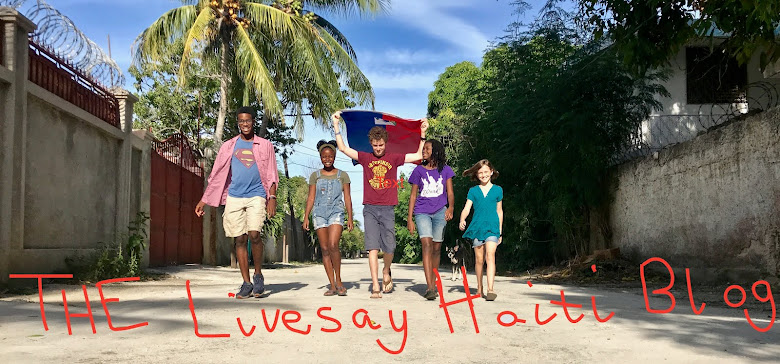THE STARTING PLACE- A MATERNAL MORTALITY PREVENTION INITIATIVE
What better place to start to address systemic and structural issues than with Moms and their soon to be born babies?
We are preparing for the upcoming three Starting Place classes being offered at the Heartline Maternity Center.
These classes (sharing the model of care) will be offered this coming October, February and May.
Today we are focusing on the portion of our model that addresses cultural competency and how that relates to short term volunteers.
In 2016 we made a decision to invest in local midwives and medical professionals by increasing the size of our staff and pouring into them by offering continuing education and support. Finding jobs in Haiti is VERY difficult, we are happy to provide 12 jobs at the Maternity Center, 7 of those 12 jobs are medical professionals.
We made a decision that every woman that is pregnant deserves to meet with someone during her consultation that speaks her language, understands her culture, her life, and her challenges. When I was pregnant, I always had care providers that spoke to me in my own language, and that is what we think Haitian moms deserve too.
We believe that the best way to build trust with clients is to begin by building relationships. We decided that relationships can't be built in a week or two or three.
We made a decision that the Midwifery Model of Care cannot take place in a clinic or birth center where people rotate in and out and there is not a consistent and predictable face providing the clients with consultations.
We decided that Haitian care providers are best prepared to understand Haitian clients. We decided to train only Haitian care providers because they are the ones that will likely live here for the next forty years.
Please hear this. We did not decide we dislike North American medical professionals. We did not decide we don't want Americans to train as midwives. We simply decided that if Haiti is ever to see any true and lasting change in the care that is provided, it is going to depend on Haitian medical professionals being excellent and ready to respond to the needs of patients, therefore we prioritize investment in local midwives.
Cultural competence refers to the process by which individuals and systems respond respectfully and effectively to people of all cultures, languages, classes, races, ethnic backgrounds, religions, and other diversity factors in a manner that recognizes, affirms, and values the worth of each individual.
Cultural awareness is the deliberate, cognitive process in which health care providers become appreciative and sensitive to the values, beliefs, practices, and problem solving strategies of their clients' culture.
The number one way we practice cultural awareness and competence is by remaining committed to providing Haitians with jobs and giving them a lovely work environment wherein they can serve their neighbors, the women in their own country.
Heartline Maternity Center is not closed to visitors. We are always happy to schedule and provide tours of The Maternity Center and would love to talk more with you when you're in Haiti. We just don't have work for you to do because the people doing the work really love it and they need their jobs.


